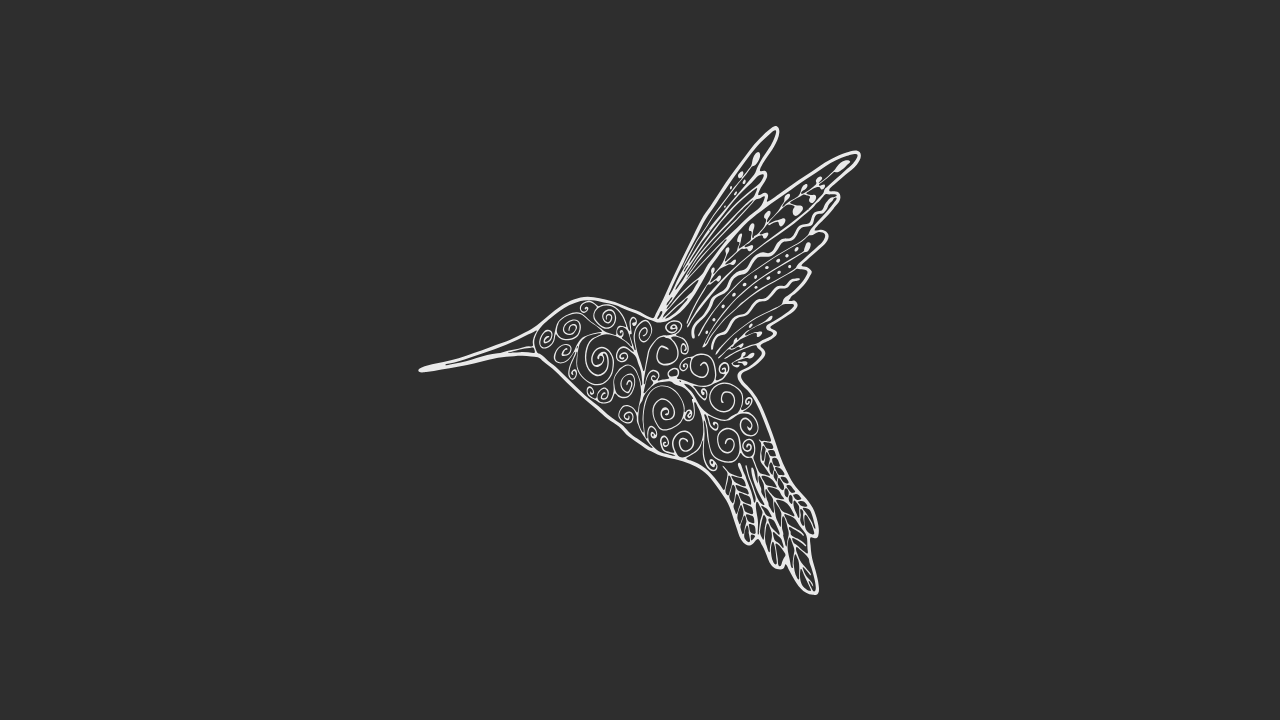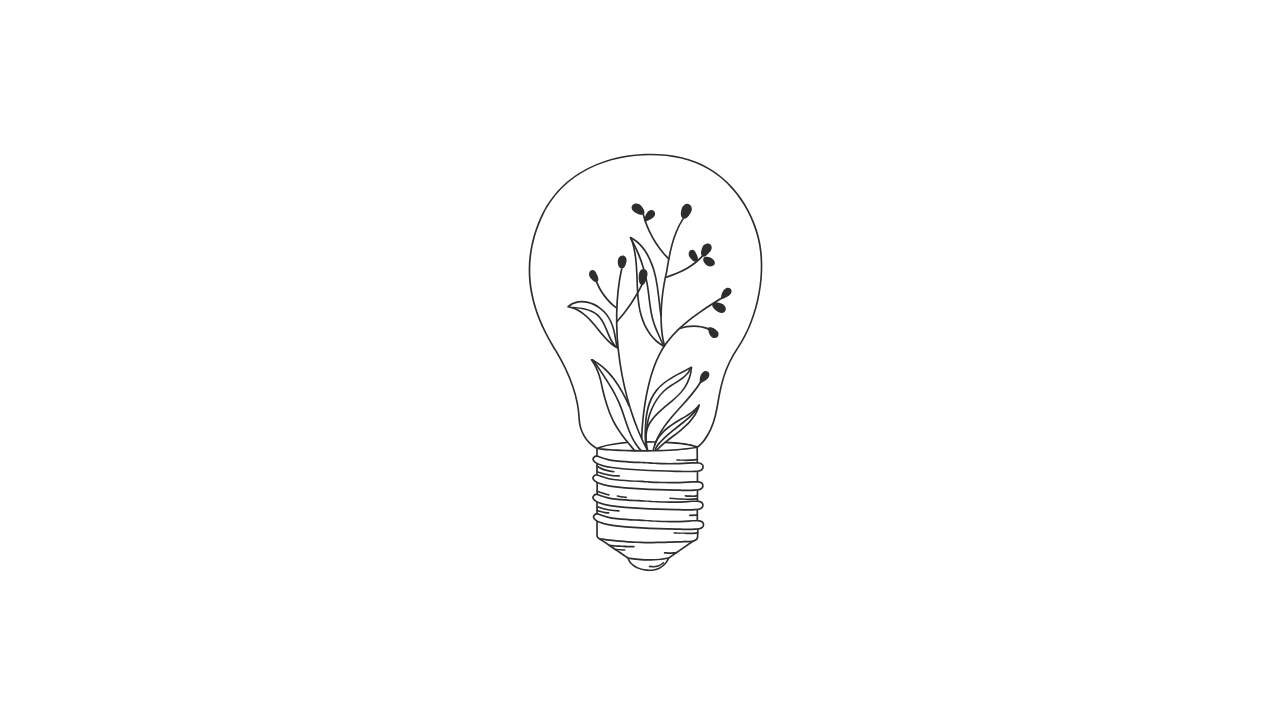
What Now? From Rock Bottom to Rebuilding Self-Trust in Sobriety
May 29, 2025I’ll never forget that Monday in July 2007.
I got up, starched and pressed my uniform… and realized I had nowhere to go.
I wasn’t in the military anymore — but there I was, still moving like I was. I had signed my discharge papers. I had even told friends and family I was out.
Just days earlier, I had signed my military discharge papers. Typed in all caps at the bottom of my DD214: “ALCOHOL REHABILITATION FAILURE.”
Those words shouted louder than anything. And yet, I still hung my uniform like I had somewhere to be. I stared at it for what felt like hours. It didn’t feel real. At some point, my tears began to fall without permission. Then, I heard a voice inside me say, “Take a picture. You’ll want to remember this someday.”
So I did.
Feeling suffocated by the silence of my apartment, I decided to leave. After showering, I stood in front of the closet, not knowing what to wear. I don’t remember what I put on that day, and honestly, most of the day is a blur.
Here's another analogy as a drawing:
All joking aside, I remember the immense feelings of: Loss. Grief. Shame. Emptiness. Most of all, I remember the question that haunted me: “What now?” and battling with the label “alcohol rehabilitation failure” (I'm using air quotes) like it was a scene out of 8 Mile.
Though I’d released my relationship with alcohol on May 29, 2007, the consequences of my not-so-distant past in my addiction had come to fruition two months later.
Now that I’m officially 18 years sober, I still recognize the fear-wrapped feelings as the turning point in my sobriety. If I could get through the daily diffidence, the invisible darkness … and stay sober … I had a chance.
A chance to try again. To rebuild again. To choose me again.
A Statistic I Lived Before I Ever Read It
A few months ago, I read a 2023 article by The American Journal of Psychiatry stating that my fellow Black women veterans are more likely to be diagnosed with Alcohol Use Disorder (AUD) than our White or Hispanic counterparts.
The article also mentioned a potential racial bias in diagnosis, with no clear path forward. Despite all the progress we've made in society around mental health and breaking addiction-related stigma, how is it that we’re still here? I couldn’t wrap my head around it. Not because I didn’t believe it, but because it confirmed what I already knew from lived experience. I was diagnosed in 2007 with alcohol dependence—the equivalent of AUD today.

Yes, I know the quote by Malcolm X about Black women being the most unprotected. I’m also aware of the history that Black men and women have faced after returning to the States after military service. Again, it took a while for me to grasp this, for it to click: nothing’s changed.
That realization moved me from disbelief to disappointment. I found myself asking, “What are we doing? Are you serious?” Then, I heard my dear friend’s voice from early sobriety: “We know what the problem is, Elora. What’s the solution?”
I’ll never forget those words, spoken during a season when recovery felt like a tunnel with no light at its end.
elorasong Is What I Needed in 2007
When there's no space to be seen and heard as a Black woman veteran in recovery… who do you turn to? Where do you go that won’t ask you to shrink, shut down, or over-explain just to feel understood?
That’s where elorasong comes in.
I created the space I wish existed when I hit rock bottom. It’s more than a brand—it’s a homecoming for Black women veterans in or seeking sobriety.
It’s for the unspoken heroes in recovery.
Don’t get me wrong—I've met some incredible people in the rooms of recovery. People whose words spoke to my spirit and helped guide my healing in significant ways. However (comma), there were parts of my experience—my military story, my Blackness, my womanhood, my silence—that some folks will never fully grasp.
That’s why elorasong honors all of it.
Inside you’ll find:
- Compassionate recovery coaching from someone who gets it
- Resources to help you rebuild self-trust
- A sacred space to be seen and heard—fully and freely
- A renewed sense of camaraderie in a community exclusively for Black women veterans
You Don’t Have to Do This Alone
I know you’ve probably heard this before, but let me say it again with love: You don’t have to do this alone.
Take it from someone who had to learn how to let go of the military while learning how to stay sober at the same time.
If you’re navigating the grief of identity loss or asking “what now?” in your recovery journey, I want you to know:
You can try again. Rebuild again. Choose you—again.
Let’s walk this path together.
Elora
Founder, elorasong®
18 Years Sober (and still rebuilding, daily)
P.S. If you’re craving deeper support, connection, or clarity in your recovery journey, below are a few offerings I’ve built from my own lived experience:
🌿 The elorasong Healing Hub – A community for sober Black women veterans, designed to hold your story and help you grow. ▹ Join The Hub
🌿 Self-Trust in Sobriety Sessions – Break free from survival mode and build confidence, clarity, and connection in recovery. ▹ Explore coaching options
🌿 Take the Recovery Personality Quiz – Not sure where you are in your journey? Discover your healing style and receive personalized guidance. ▹ Take the quiz


